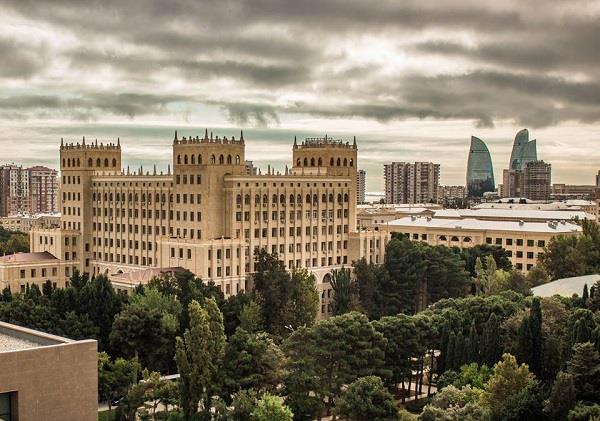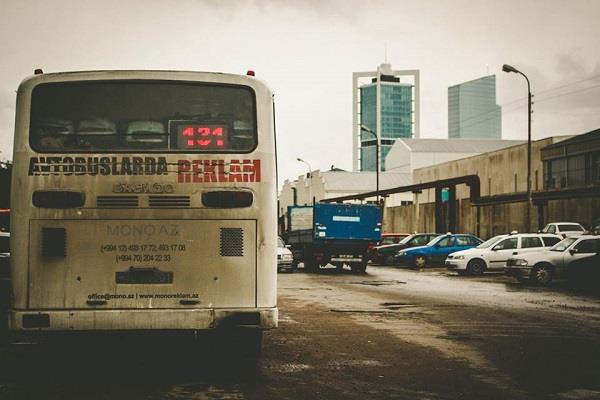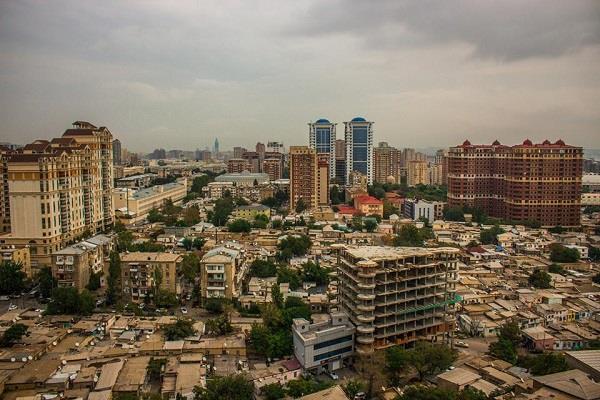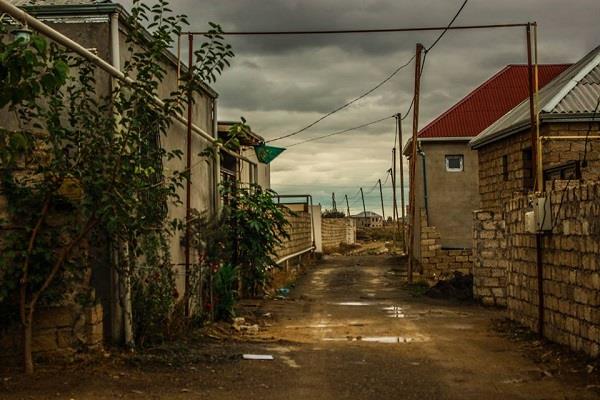What is going to happen to Azerbaijani Manat?
At year end of 2015, Azerbaijan’s economic indices have been the worst in the recent few years, even compared with 2008-2009, when the majority of world countries were facing problems.
In February, the Central Bank of Azerbaijan (CBA) made a shocking decision. The national currency – Manat rate was reduced against U.S. Dollar by more than 30% during a night: from Manat 0, 78/US$1 down to Manat 1, 05/US$1. The National Bank explained it by a need to stimulate Azerbaijani economy’s oil field export.

This argument did not inspire the market stake holders as over 90% of Azerbaijani export is formed as a result of oil and gas sale. During “prosperous years, the oil sector had not been formed at the appropriate level by the moment of “unstable years, when the global economy faced a sharp dropinoil prices.
Low hydrocarbon prices and decline in the volume of the republics’ reserves are the two major factors, influencing Manat rate. Interim results do not inspire optimism. Oil prices are maintained at a level lower than US$50 per barrel, the national currency reserves have reduced by more than one third.
These indices give experts, including theinternational ones, grounds for forecasting imminence of the second wave of depreciation. The only difference in their opinions is: whether CBA will go the length of a sharp depreciation of the national currency rate or it will prefer a smooth controlled depreciation.
The 2015 budget was performed with tangible problems. The approved 2016 budget is comparatively less by a quarter. The basic index – oil price – is expected to amount to approx. US$50. The market will not manage to reach that threshold. Manat rate is endangered by a fall, taking into consideration the recent increase of OPEC quotas and lifting sanctions against Iran.

The market of the country was shaking during the year. The CBA’s February decision caused panic among the population. People rushed to take their deposits or transfer them into foreign currency. For example, volume of deposits in Dollars increased twice. Besides, prices increased for all food stuffs and services, unregulated by the State Tariff Council (TC supervises prices for energy resources, transport services, for bread, and other strategic goods and services, a list of which is limited).
Importers could explain increase of pricesby the fact they had bought foreign currency for importing goods, as for local producers (representing mainly food sector and a service sphere), they did not adduce distinct arguments. As a result, the authorities declared a fight against speculation, yielding by small waves local parochial pink effect, but they failed to prevent total increase.

The authorities declared launching of a new, tough fight against corruption and monopolies. This fight could not bring success within a short period of time as both above mentioned problems are connected directly with those, who are to fight against them. Economy liberalization in conditions of existence of oligarchs’ stable positions, is a complicated process even if a political will exists, especially as economy, not related to oil, has been developed weakly. For example, the country officially depends on import of foodstuffs by 45%, its pharmacology, production of cloth and household appliances – by almost 100 %. Azerbaijan failed to ensure 100% local production in the sphere of agriculture.
As a result of these problems, expenses and reserves were reviewed and search for alternative income sources was begun. A scandal, connected with the International Bank of Azerbaijan (IBA), broke on this background. It should be noted that IBA is a leader of the market, where its share totals 40%. This financial structure is considered to be the bank of systemic importance. By the moment of the scandal, IBA’s share in crediting had totaled 1/3 and ¼ of deposits in the republic.
It turned out that the bank’s management allocated billions Dollars to dozens businessmen and the major part of funds was used inappropriately. The head of the bank was sacked and detained at the end of the year. “Credit oligarchs were also detained, a part of them reimbursed small sums as compared with amounts, they had taken, and some were released to get the rest part of the debt. Others are in custody at the present time.
The second large scandal broke in 2015 as a result of dismissal of two high rank officials – the Minister of National Security and the Minister of Communication and Information Technologies of Azerbaijan. Influential persons from their encirclement were also arrested. The above mentioned high rank officials were charged pursuant to many articles of the Criminal Code, but in the sphere of economy the main accusation was of “official power abuse. According to accusations, during many years some generals of Azerbaijani special services extorted money from businessmen and built their business-empires. Besides, state funds were embezzled.

A part of the country’s economy, controlled by the abovementioned persons, collapsed. Hundreds of jobs were closed. There are no official data on unemployment growth in the country, but serious crisis is obvious. Announcement of closure of shops, lease of premises of brick markets appeared in almost all Baku streets. “Bina and “Sadarak – the hugest commercial centers in the South Caucasus, where people from other countries came to buy things, are at the verge of closure.
Expectation of the second wave of Manat depreciation, prices growth, reduction of jobs, low prices for oil do not inspire optimism for the forthcoming years. Having reduced the state expenses for the next year by one forth, the country tightens a belt. In some experts’ opinion, such situation will further exist till the beginning of 2020s, when Azerbaijan will begin delivering great volumes of gas to the European markets, if conjuncture on the world markets does not change and if Azerbaijani oil barrel price does not increase to optimal US$80.
P.S. By the time of publication of this article, Azerbaijan’s economy has experienced the second wave of Manat devaluation, that has hit both, Baku’s banking system and the private business, as well as the population’s general welfare. The country is ushering out the outgoing year in anticipation of new unpleasant surprises.




















